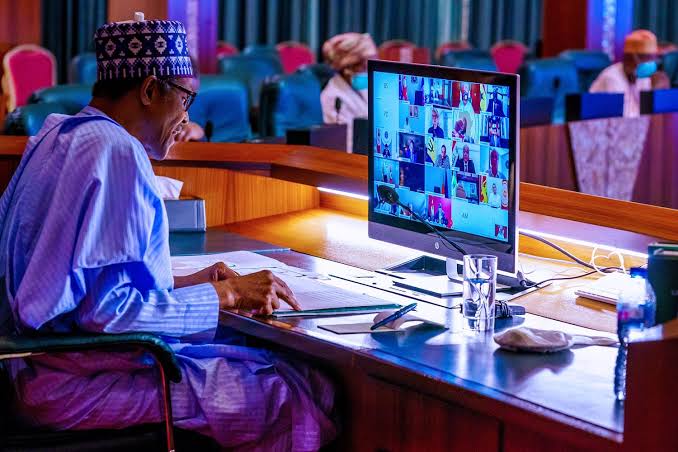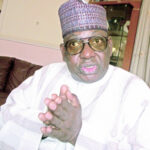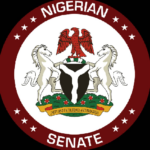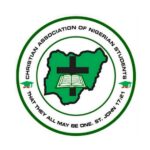President Muhammadu Buhari on Thursday personally defended the recently passed Companies and Allied Matters Act, 2020 (CAMA) in Nigeria.
The legislation has attracted criticisms from some Nigerians, especially the Christian Association of Nigeria (CAN) which has raised ulterior motives behind the law.
- Buhari admits Boko Haram, Bandits Terrorising Nigeria
- Buhari okays oil reform bill as Senate resumes Tuesday
The President, who spoke in a video message presented at the Open Government Partnership (OGP) 2020 Virtual Leaders’ Summit on the sidelines of the 75th Session of the United Nations General Assembly (UNGA75) in New York, United States, said CAMA Act would enhance transparency and corporate accountability in the fight against corruption.
”Since the inception of our Administration in 2015, the Government has been committed to changing international and domestic perceptions regarding Nigeria’s commitment to fight corruption and foster good governance.
”We focused on the task of dealing head-on with this destructive monster, which led to us joining the Open Government Partnership and making reform commitments such as to establish a public central register of beneficial owners of corporate entities.
”Since then, we have made significant progress in implementing tougher anti-corruption measures, including my recent assent to the Companies and Allied Matters Act, 2020.
”The Act provides a legal framework for the implementation of Beneficial Ownership Information Disclosure in Nigeria.
”Being an OGP member-country has helped Nigeria learn from other countries tackling similar challenges, and to build a coalition to support these reforms across the private sector and civil society. It has also aided our journey towards building citizens’ trust in government,” he said in a statement issued on Thursday by his spokesman, Femi Adesina.
On COVID-19 cases which continue to accelerate worldwide, President Buhari told the Summit that it had become clear that governments cannot solve all the challenges of the pandemic alone.
He stressed that it is only through open governance and working with citizens that nations can succeed.
”We face a significant contraction in the global economy in 2020; the world is facing the unprecedented twin challenges of managing the health and economic impacts of the pandemic.
”In these times, citizens worldwide are seeking more information, engagement, and support from their governments,” he said.
Buhari, who promised that his administration would continue to use its OGP membership to ensure that open government approaches strengthen the pandemic management, said the Nigerian government will sustain consultations and engagements with citizens through Civil Society Organisations and the Organised Private Sector on COVID-19 response and recovery plan.
According to the President, ”these consultations are in line with the effort of our administration to encourage public participation in government policies and programs.
”Our recovery package includes support to businesses, to vulnerable communities and an expansion of public works. Our aim is to make all these efforts more effective by making them open.”
President Buhari recounted that soon after joining this partnership, Nigeria had the privilege of being elected to the OGP Global Steering Committee.
As a leader in the OGP Steering Committee, President Buhari acknowledged that Nigeria has learnt from both government and non-government counterparts on international best practices.

 Join Daily Trust WhatsApp Community For Quick Access To News and Happenings Around You.
Join Daily Trust WhatsApp Community For Quick Access To News and Happenings Around You.


